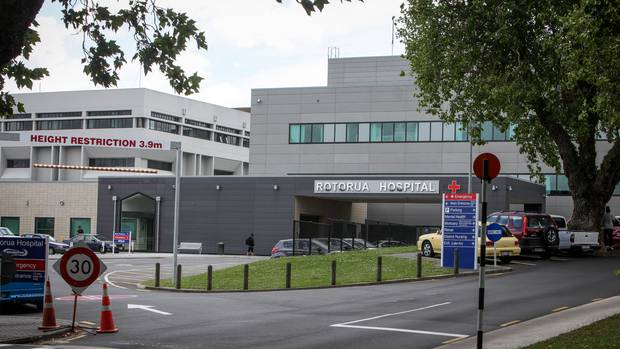The trouble in some professions is that making a simple mistake can have deadly consequences. And so it was for a 75-year-old woman who was given two drugs that are not supposed to be used in combination because they killed her.
“An investigation by Health and Disability Commissioner Anthony Hill criticised the doctor for the “medical error” and found the DHB in breach for failing to have a “safety-net” plan in place to check and challenge prescribing if needed.
The woman, who has not been named for privacy reasons, was rushed to hospital in 2016 with suspected pulmonary embolism (PE) – a condition in which one or more arteries in the lungs become blocked by a blood clot.
That day, she was given a drug called enoxaparin to prevent blood clots. Three days later, after she was confirmed to have PE, she was given another blood thinner drug called dabigatran, in addition to enoxaparin.
Either medicine can be used to treat PE, but they should not be administered together.
As a result, she suffered a haemorrhage and was quickly rushed to the intensive care unit where her condition deteriorated.
The doctor at fault told the family that the “potential medication error” may have contributed to the woman’s death. He apologised to the family and the woman died a short time after that.”
You have to feel for the woman’s family, as well as the doctor.
“While Hill was critical that the doctor prescribed the drugs together when they shouldn’t have, his investigation identified a more widespread lack of clarity around their use at the time.
“The pharmacy review is an important safety-net to check, and sometimes challenge, prescribing,” Hill said.
He found that in addition to the medication error there were other issues with the use of existing DHB tools and policies.
The woman deteriorated during her stay at the hospital and, had the DHB’s communication tool been used, it is likely that the woman’s care would have been escalated sooner, Hill said.”
Otago Daily Times
Really, is it any surprise that such tragedies occur in our underfunded hospital environment where doctors are working too many hours and, as this tale demonstrates, not being kept abreast of the tools available to them that are there to save lives.
Rotorua Hospital in May of this year asked potential patients to stay home and only go to their Emergency Department if it was a real emergency because they had run out of bed capacity.

